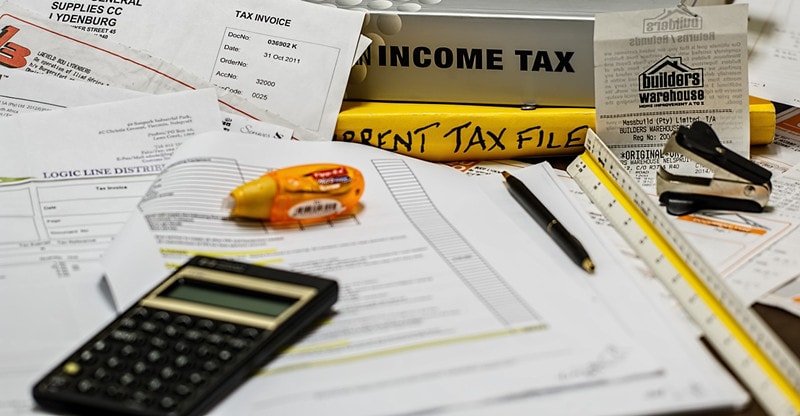5 Home-Based Business Tax Deductions You Should Avail Without Fail
Whether you run a consulting firm or work on freelance marketing projects from home, you may have to pay taxes for receiving the additional income if it is a formal business venture.
As a business owner, understanding your mandatory tax obligations is critical. If you want to calculate the corporate tax for your business, you will first need to know your taxable income.
Home-Based Business Tax Deductions
For a home-based business, you need to prove that a section of the house is used exclusively for conducting business activities. You can be exempted from paying a certain portion of the taxable amount if your business fulfills some of the criteria laid down by the Internal Revenue Service (IRS). For instance, you need to prove that you have a dedicated room for an office to be entitled to tax deduction from your housing costs.
Up until 2012-13, home-based business owners had to calculate percentages of their expenses for tax deduction. But since 2013-14, they use a simplified method to calculate tax deduction and can include mortgage interest, insurance, utilities, repairs, and depreciation under expenses.
Here are five key tax deductions you can avail for your home-based business:
1. Startup Costs

In terms of tax deductions, the start-up phase is valid until you start business operations or until you receive your first income from the business. Once you have launched or made a sale, any set-up cost will be treated as part of the expenses of a full-fledged business.
Startup expenses include business registration fees, equipment, and marketing expenses incurred to introduce the business to potential clients, customers or investors. As long as the cost of setting up your business doesn’t exceed USD 50,000, you can get up to USD 5,000 deducted in the first year of operations.
2. Home Office Expenses

You can include additional costs as part of home-based business tax deduction for home office expenses. These costs can be in the form of direct costs like painting and maintenance of the home office, and indirect costs like rent or mortgage interest and real estate taxes.
3. Vehicle Expenses

If your business vehicle is bought on a loan, the payments cannot be considered as a business expense. But at the same time, you can treat the interest on the car loan under the business’s name and claim tax deduction.
If you use or lease a vehicle for business travel, you can deduct a percentage of the cost of the vehicle based on business use, and the same percentage can be applied to the operational expenses incurred on fuel and maintenance of the vehicle.
4. Travel and Entertainment (T&E) Expenses

Additionally, if you own a business that requires you to entertain clients or customers, 50 percent of the cost of entertainment and meals is deductible if certain requirements are met with. These meals/events need to be held before or after a business meeting.
Make sure you document all bills and records related to travel and entertainment expenses.
5. Health Insurance Premiums

Further, for home-based business owners, the tax deduction for health insurance paid by a self-employed person (or a sole proprietor of a home-based business) has been made 100 percent deductible. This helps in reducing the taxable business income. Get in touch with a tax advisor to fill the IRS Form 1040 that contains a worksheet to help you calculate your insurance deduction.
There are two key rules that you should know about health coverage. First, the maximum credit that a small business can avail can be up to 50 percent of the health insurance premiums paid. Second, if you are the sole proprietor of your business, the cost of your health coverage is not a tax deduction for the business. But, this amount may be deducted from your personal tax return.
To Sum Up
Every taxpayer is entitled to avail legitimate tax deductions wherever possible. You need to determine which tax deductions apply to your small business.
Seek help from an experienced tax advisor to make sure you qualify for specific deductions and have submitted the right documents.



